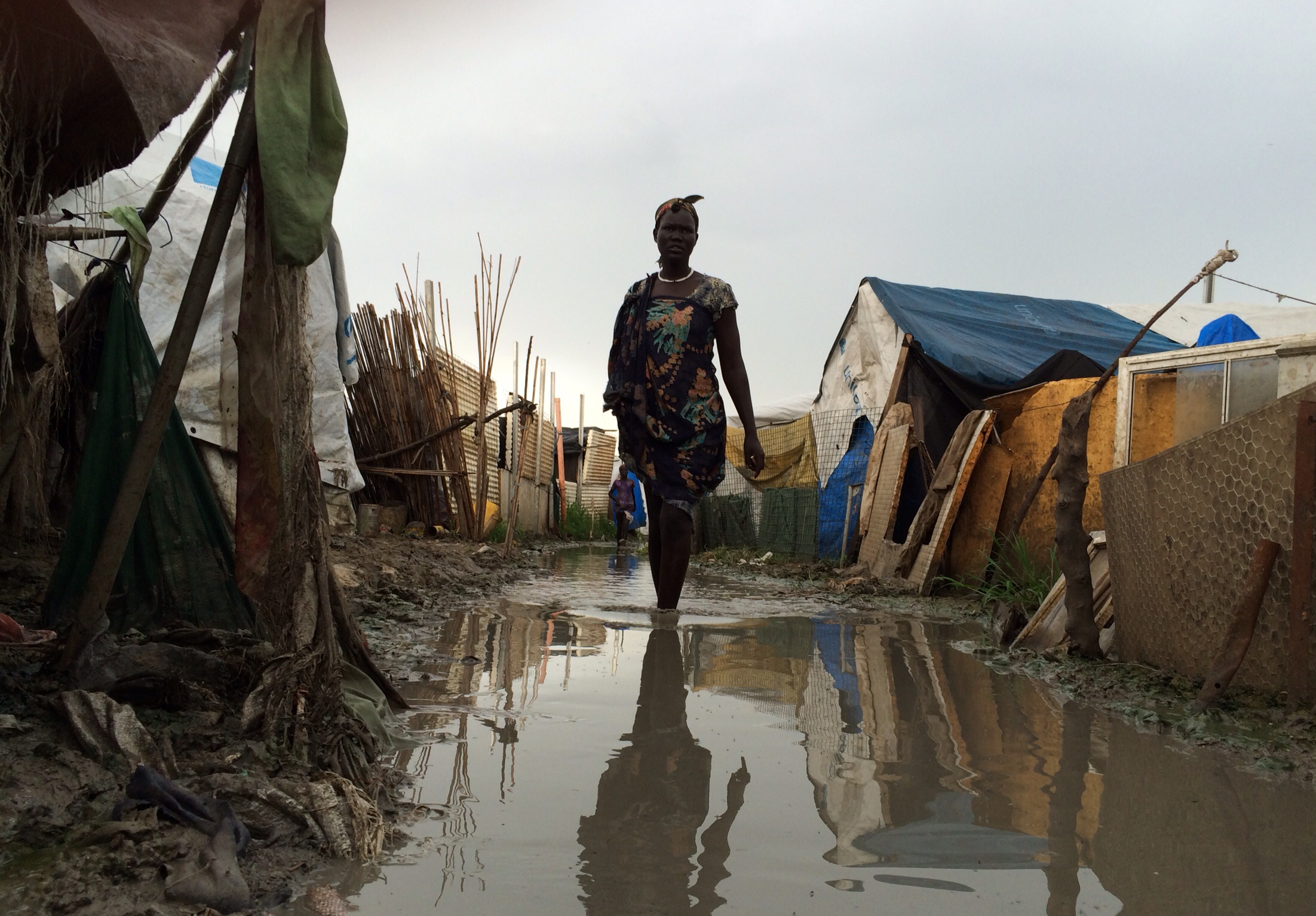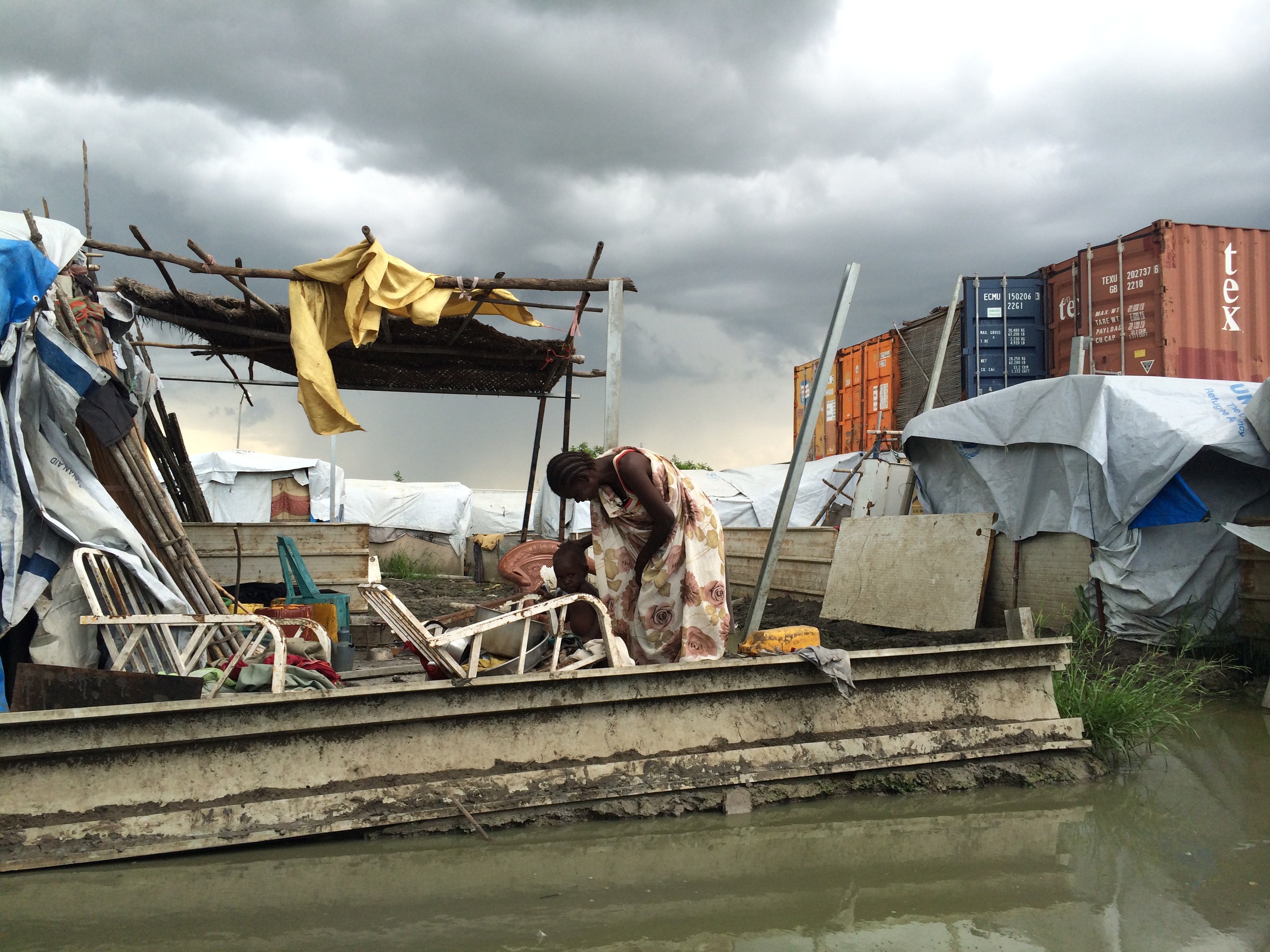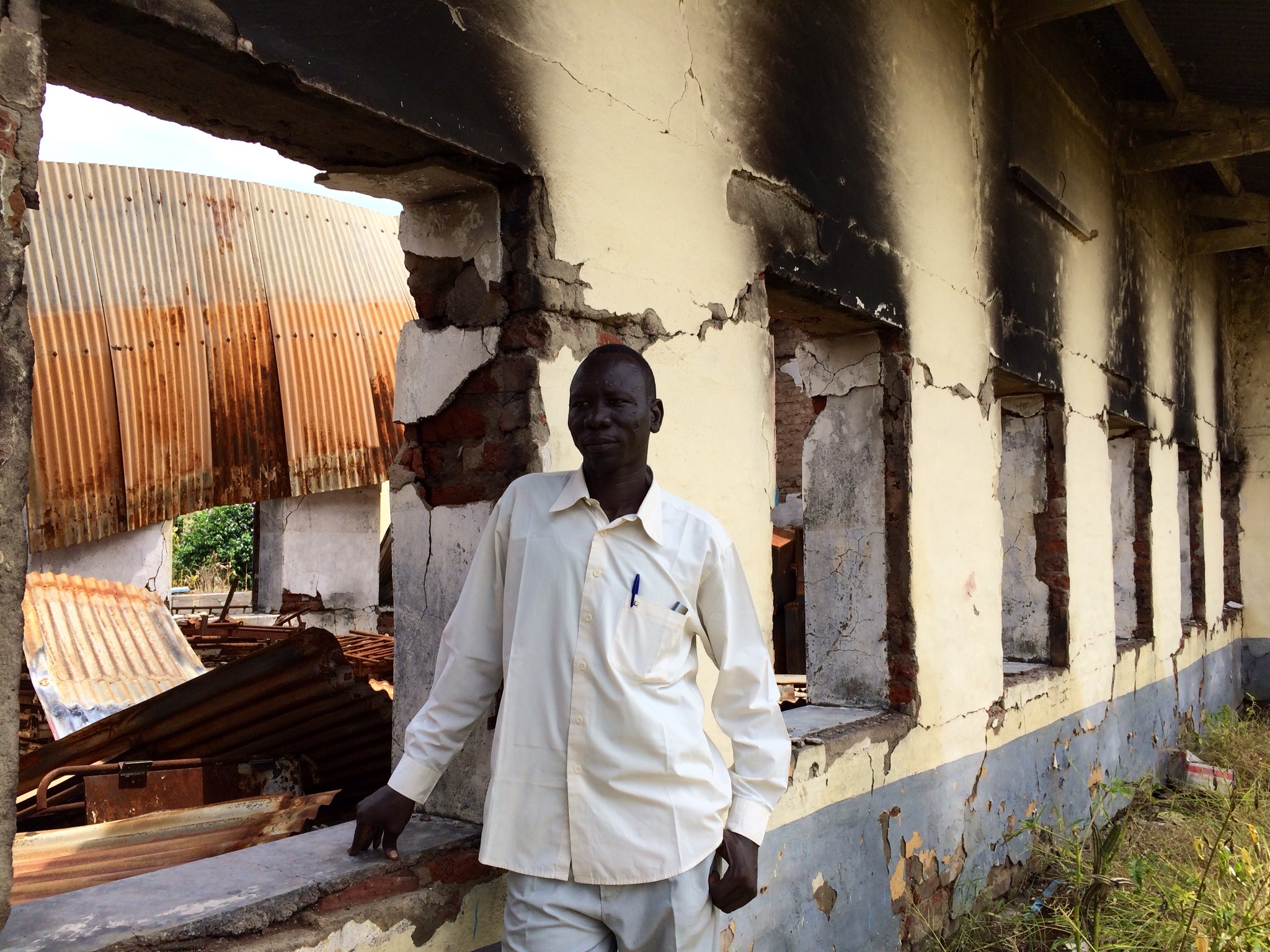
On December 15, 2013, less than three years after the United States helped bring the world's youngest state into existence, South Sudan collapsed into civil war. President Salva Kiir accused his former deputy, Riek Machar, of attempting to stage a coup, touching off a string of ethnically motivated killings in the capital and prompting Machar to launch a rebellion against the central government. In the fighting that ensued, both sides stand accused of war crimes and crimes against humanity.
Today, the war is in its eighth month. Thousands have been killed and more than a million displaced; aid agencies warn of impending famine.
Journalist Ty McCormick travels to South Sudan to report on the unfolding humanitarian crisis, and to speak with officials about the origins of the political crisis. Far from a spontaneous and unforeseeable rupture, the gradual disintegration of the ruling SPLM—which also functioned, critically, as a vehicle for distributing oil rents—was apparent for many months before the outbreak of hostilities. Yet the United States, arguably South Sudan's most important international partner, did little to help develop the country's virtually non-existent political system. McCormick investigates why.











